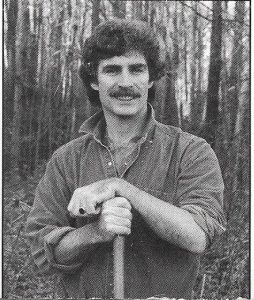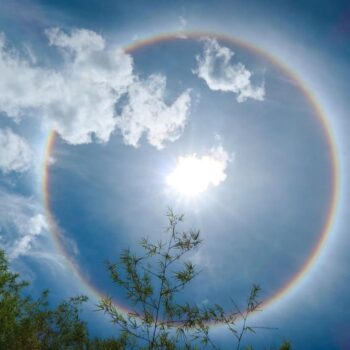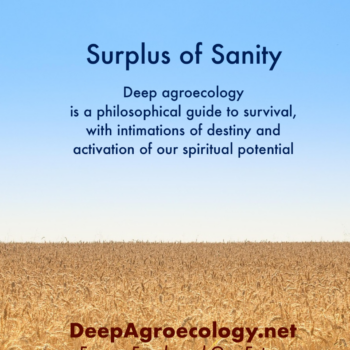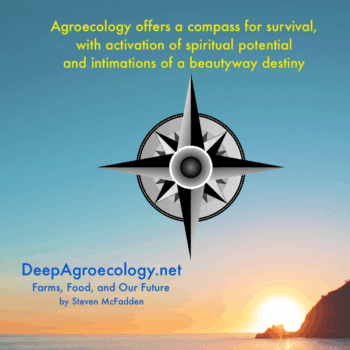ANTHEM FOR AN EMERGING ERA – This is my first song ever. I wrote the lyrics over 20 years ago as the Invocation for my epic, nonfiction saga of the Americas in transition: Odyssey of the 8th Fire < 8thFire.net > Then this week I logged on to Suno.com – an AI platform for music creation. I plugged in the lyrics, made some artistic choices, and voila: a soul-stirring anthem for some of the core ancestral teachings of the Americas — teachings acutely relevant to our present moments of history. My lyrics are printed below.
INVOCATION – Odyssey of the 8th Fire
A way ya, nyen tow
A way ya, nyen tow
A way ya, nyen tow
Ho way – Ya
Sing in me muses and prophets
Sing in me of the fires,
Seven times having burned
Sing of sparks
Struck by the steps
Of the sunbow pilgrims
Sing of trials, triumphs, and teachings
Sing of sacred places
and sacred ways
Sing in beauty
of all that may be revealed
for the eighth generation and beyond now arise
Sing in us of the sparks
And the 8th Fire arising
A way ya – ho!
A way ya – ho!
Meegwich Mishomis
Copyright 2026 – by Steven McFadden

































 Fifty years ago as a student, I had the good fortune to be a small part of The News, a valiant student newspaper that in my era had been defunded and kicked off campus. The paper’s great offense? Reporting facts and opinions that embarrassed what we regarded as an increasingly authoritarian BU administration. In other words, putting the skills we were learning in the classroom to the test, and learning that they were often unwelcome.
Fifty years ago as a student, I had the good fortune to be a small part of The News, a valiant student newspaper that in my era had been defunded and kicked off campus. The paper’s great offense? Reporting facts and opinions that embarrassed what we regarded as an increasingly authoritarian BU administration. In other words, putting the skills we were learning in the classroom to the test, and learning that they were often unwelcome.



 We’re in transition, that’s for sure. By that I mean the rate of change around the globe–climate, business, education, technology, etc.–is cracking along at a wildfire pace: in our faces. We’re moving decidedly toward some new state of life.
We’re in transition, that’s for sure. By that I mean the rate of change around the globe–climate, business, education, technology, etc.–is cracking along at a wildfire pace: in our faces. We’re moving decidedly toward some new state of life.








